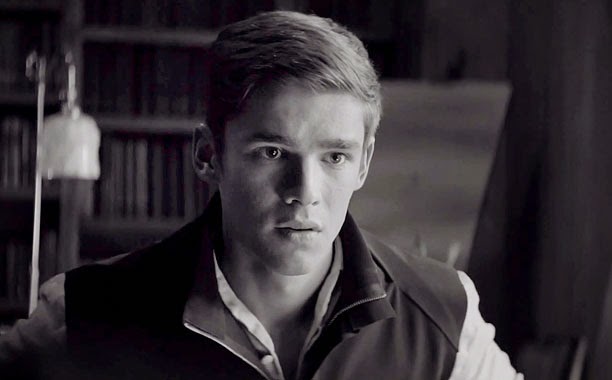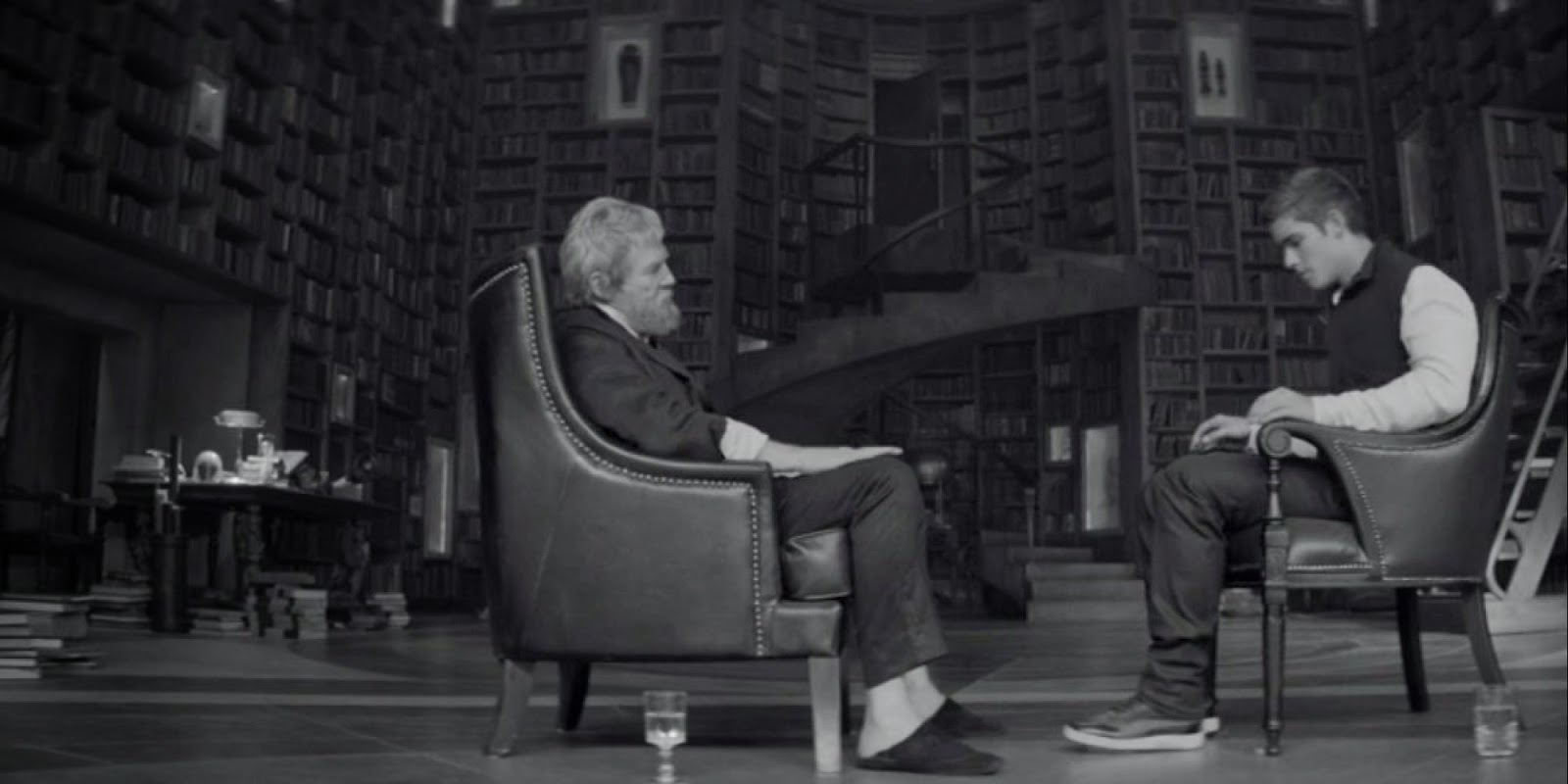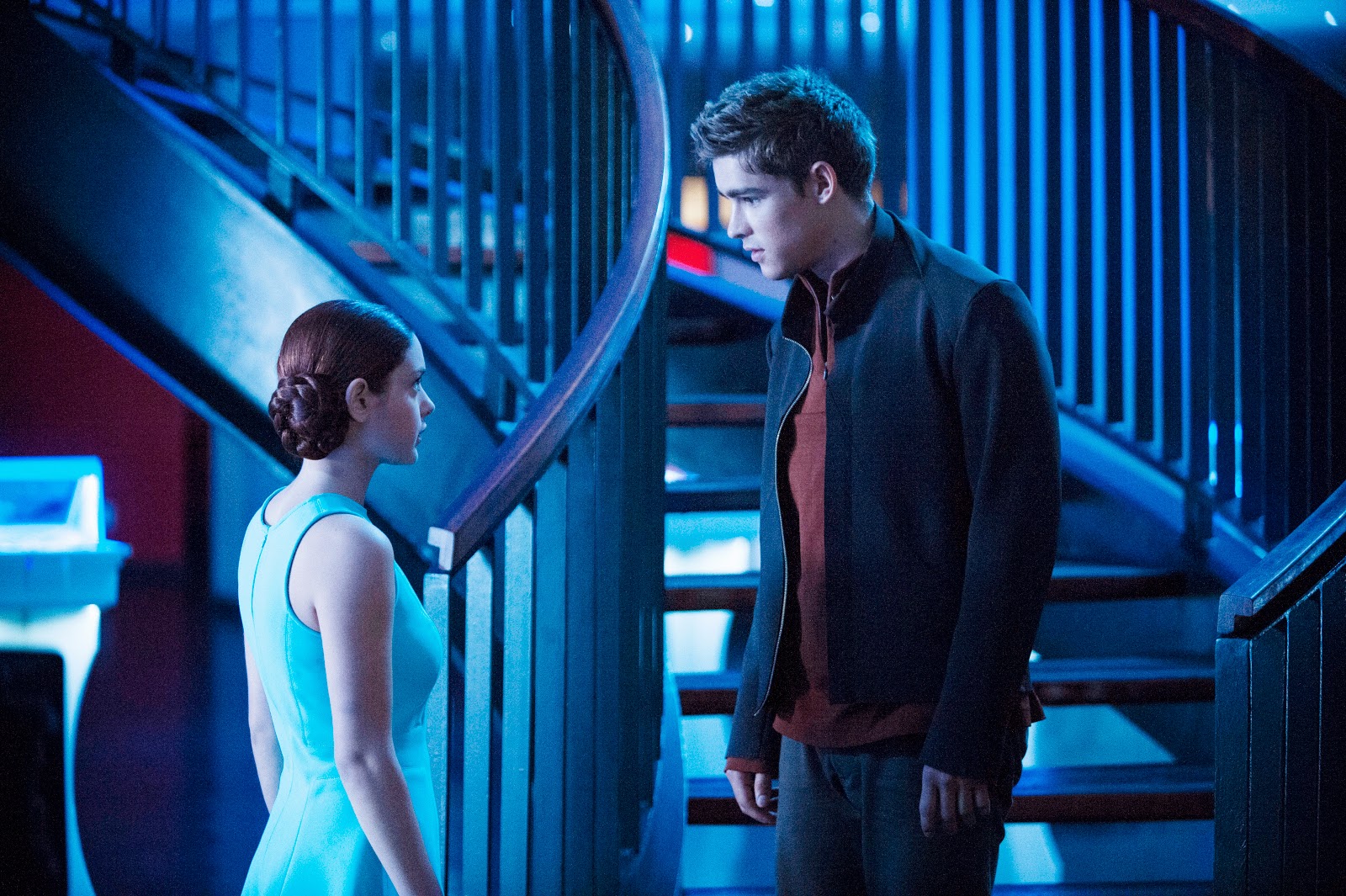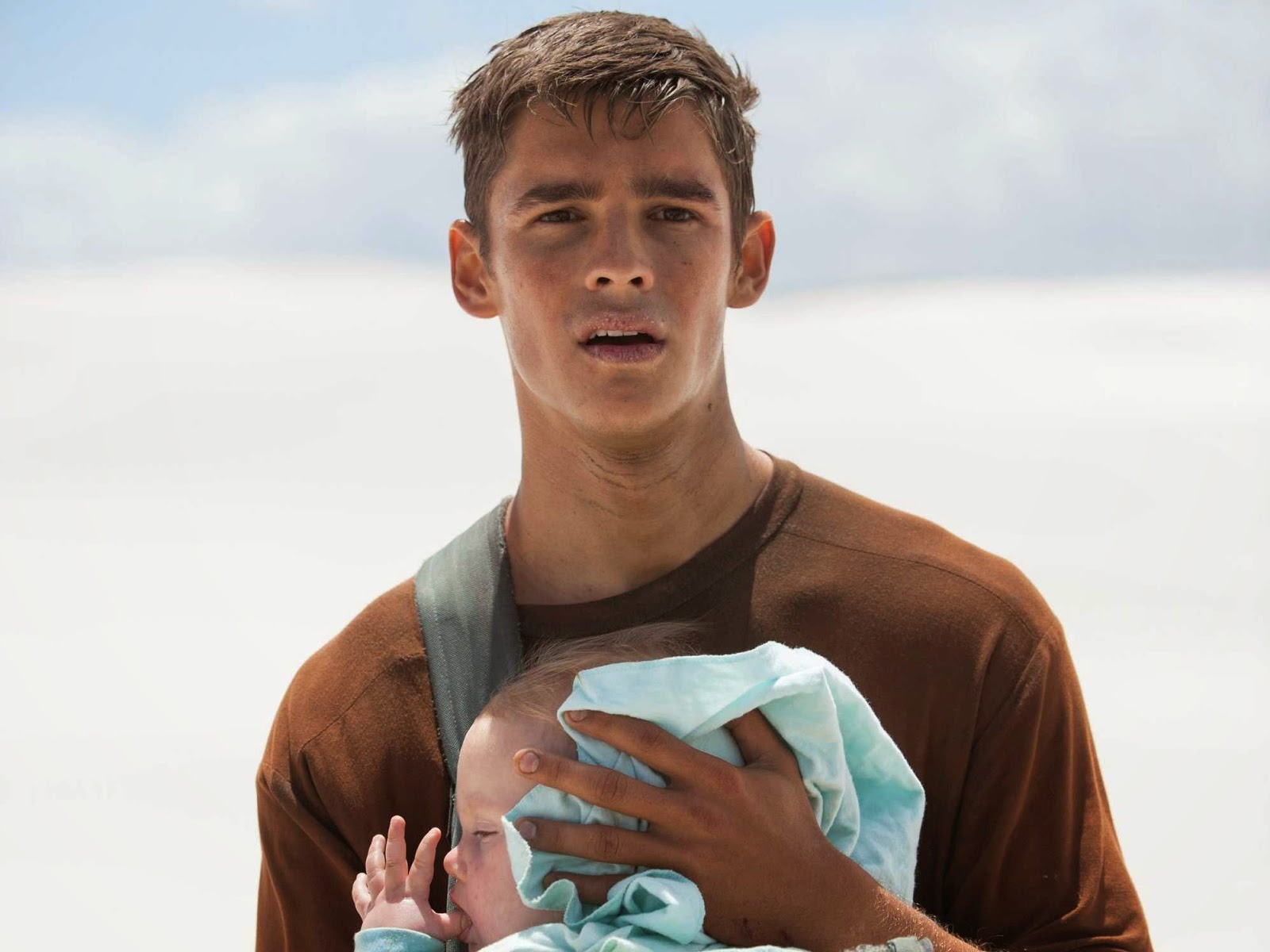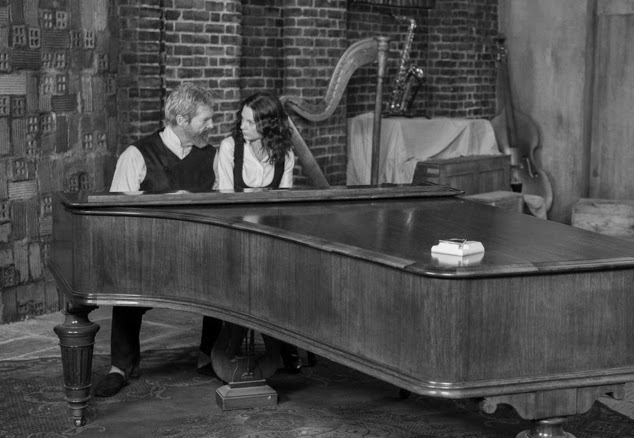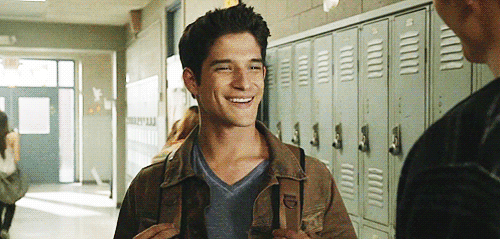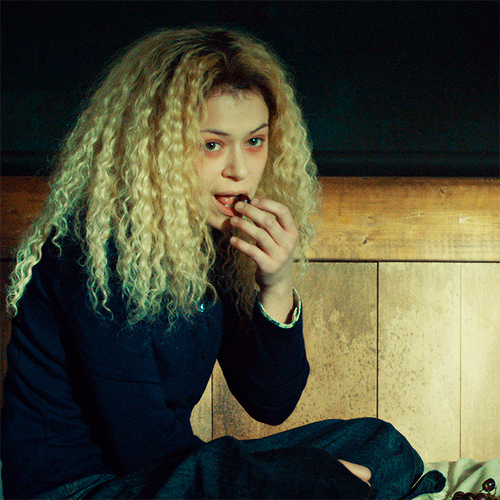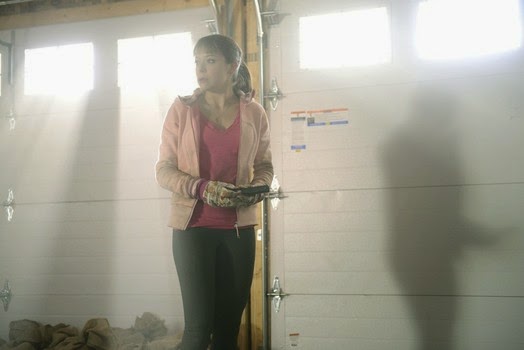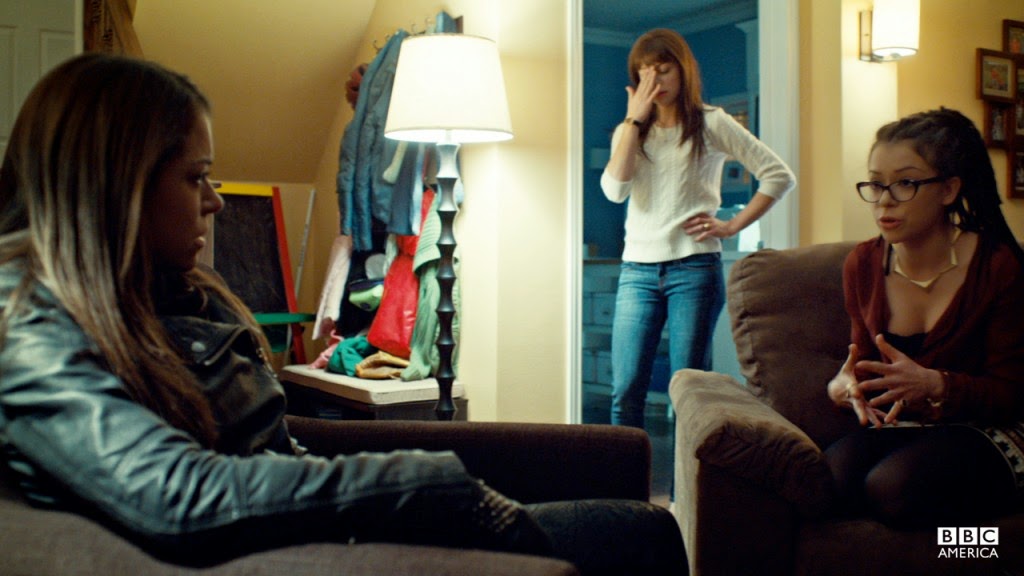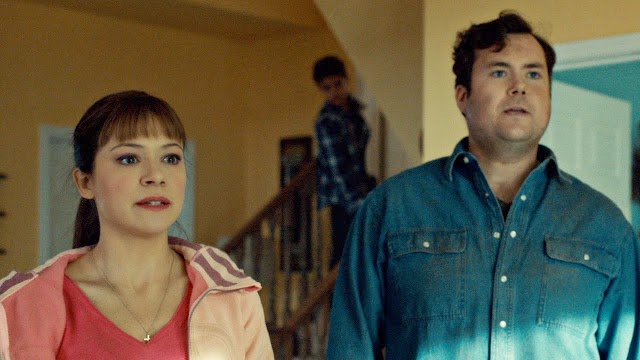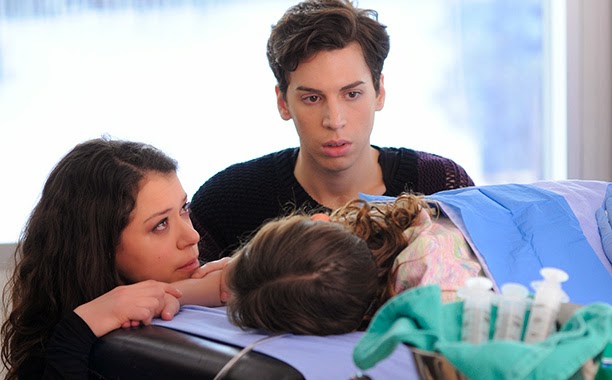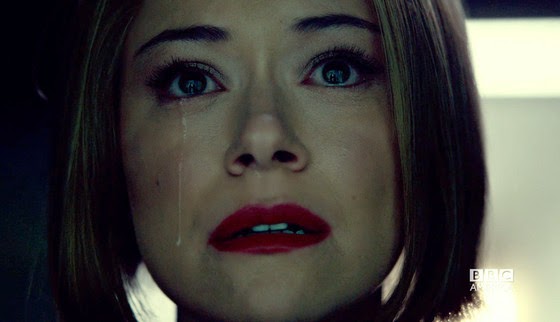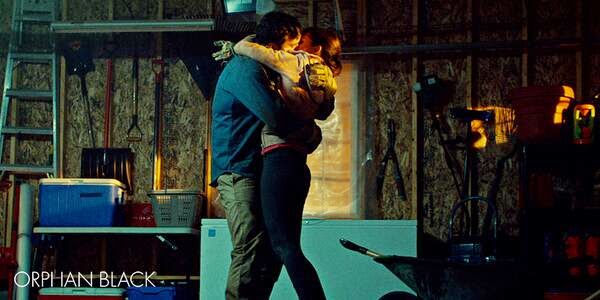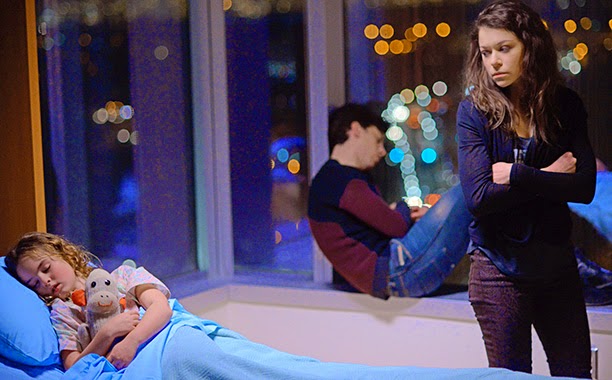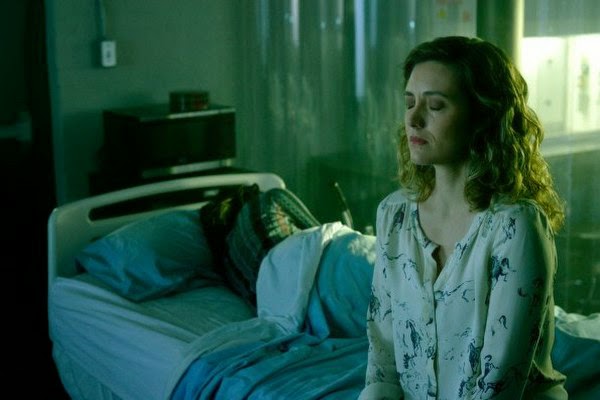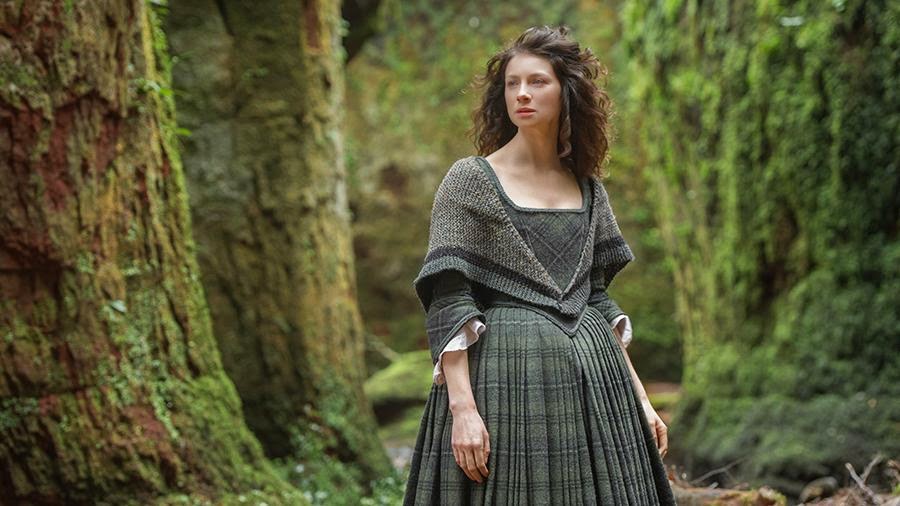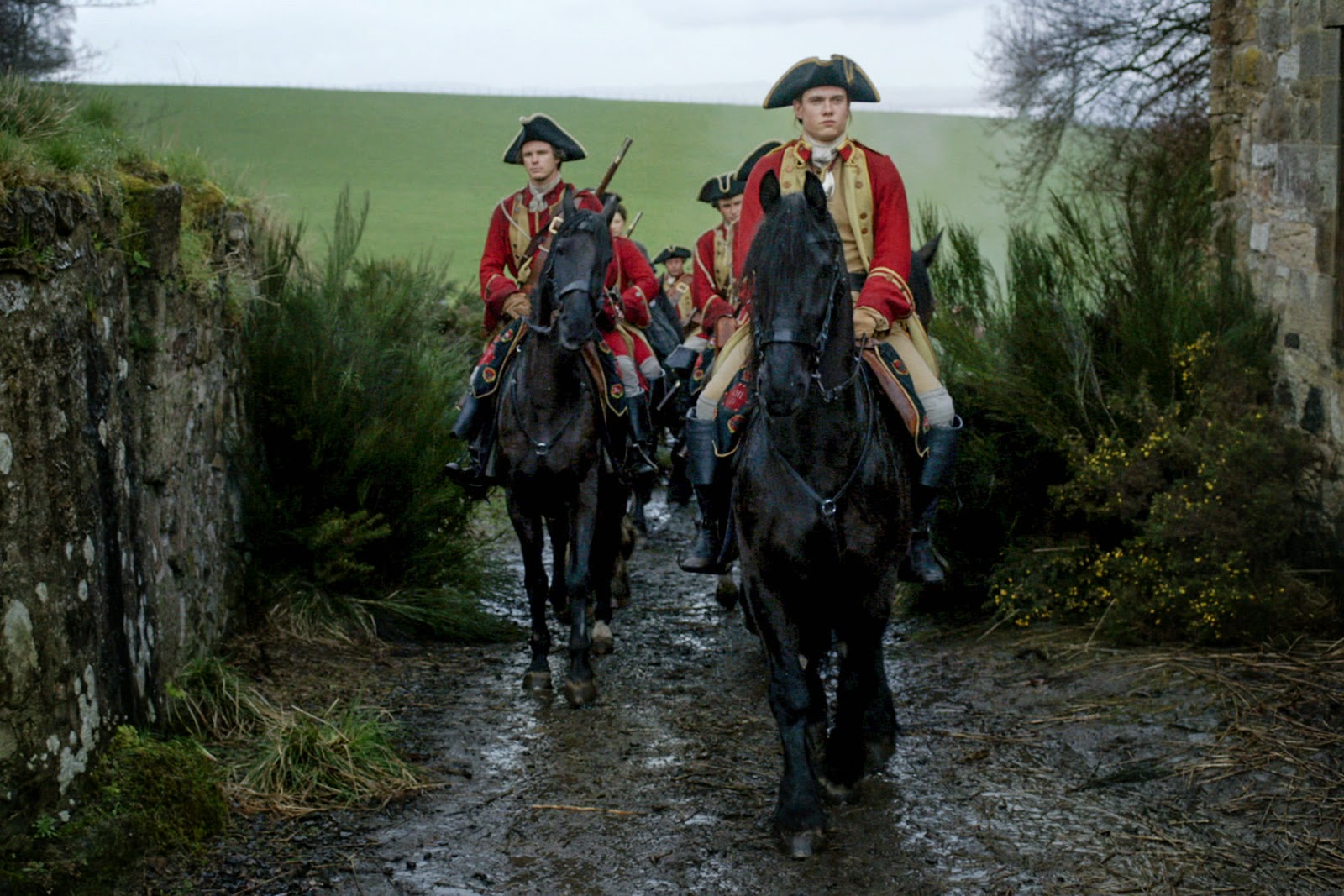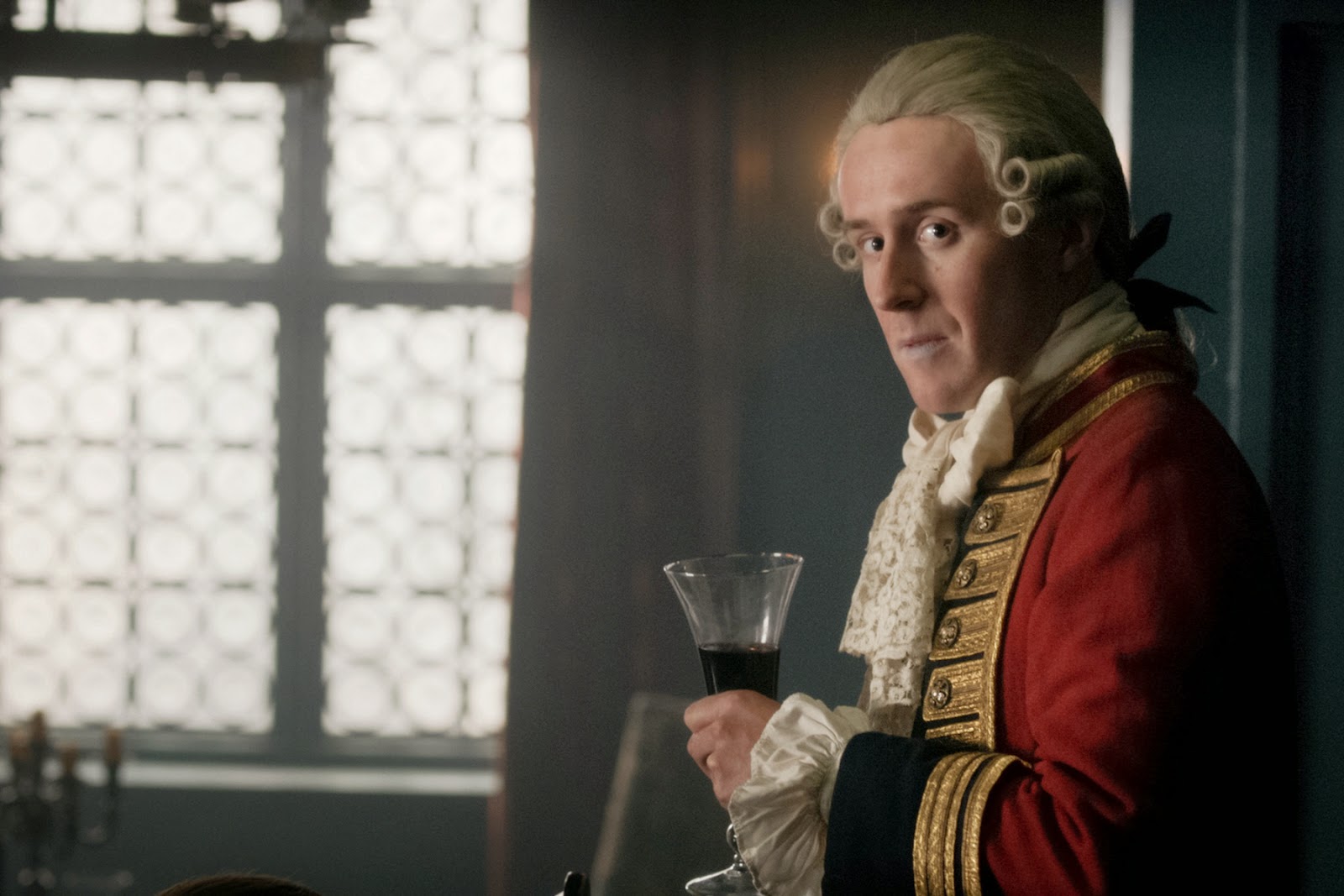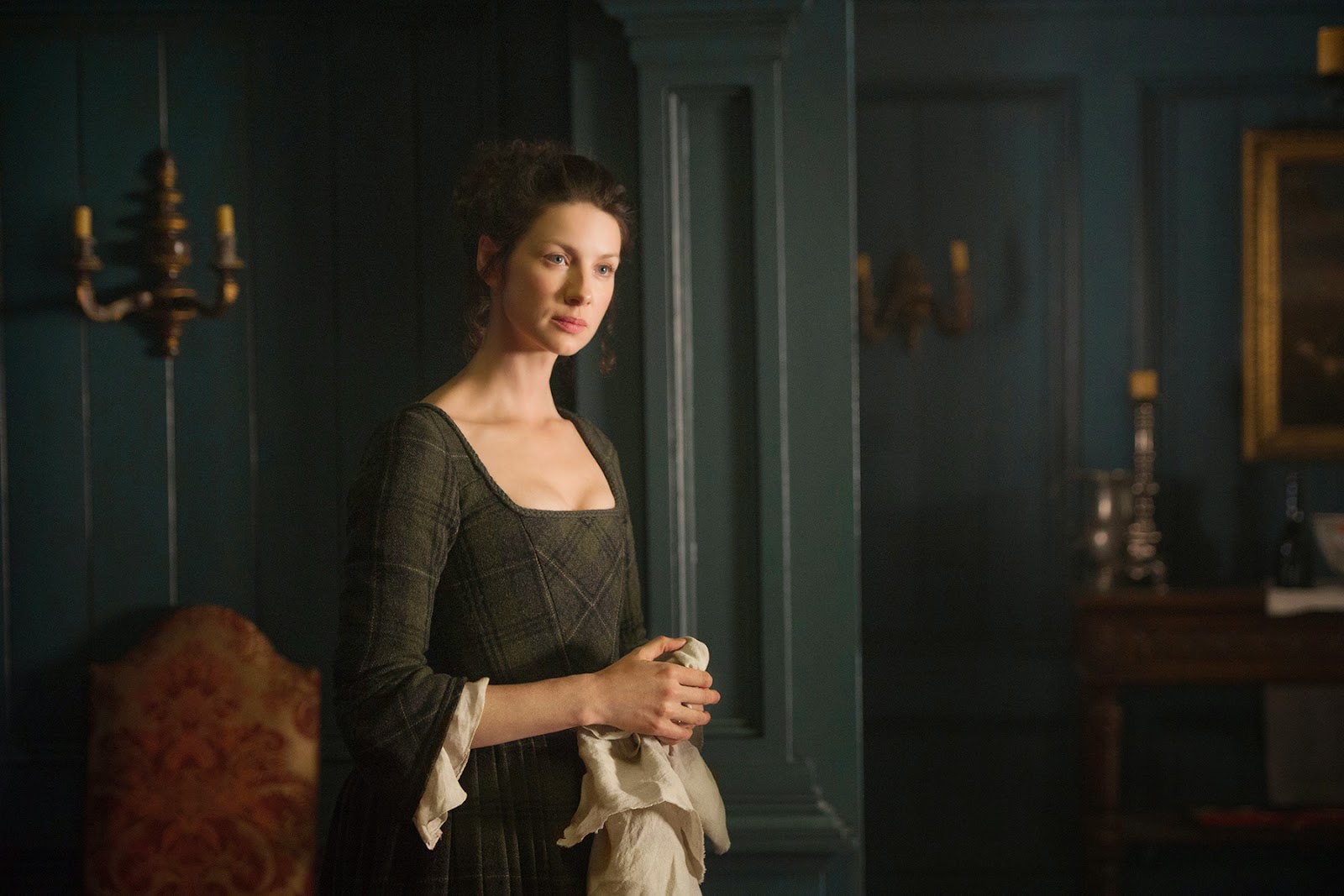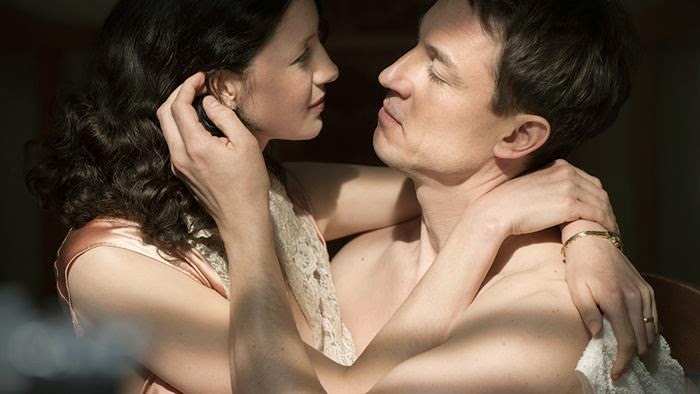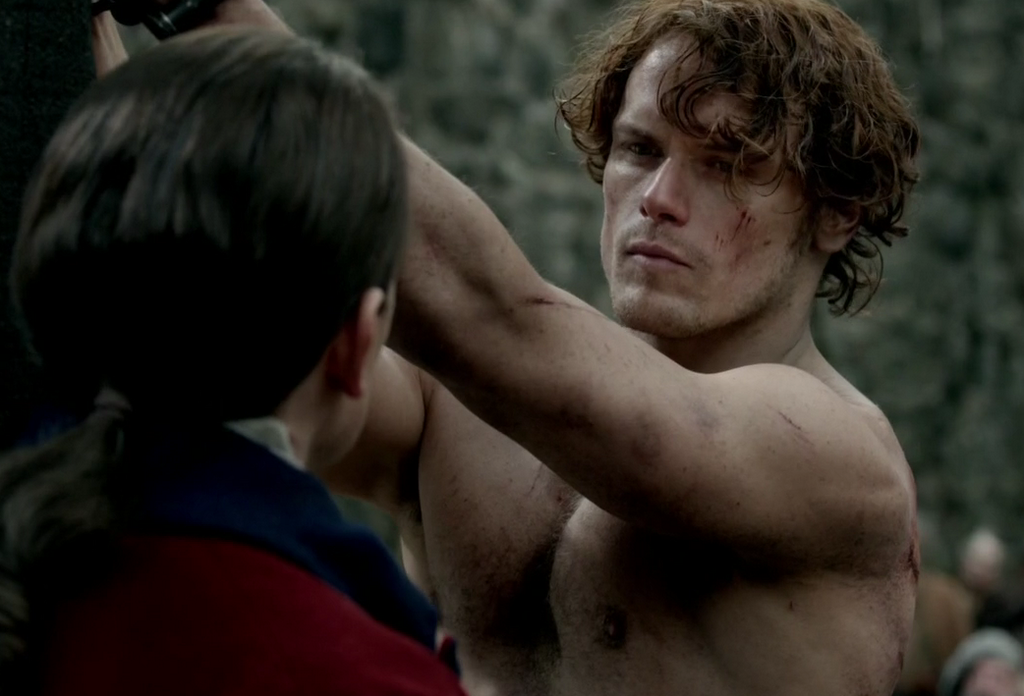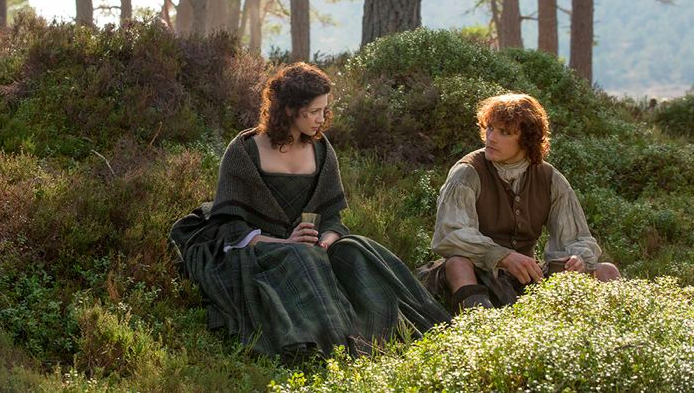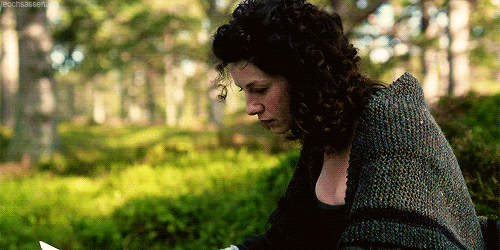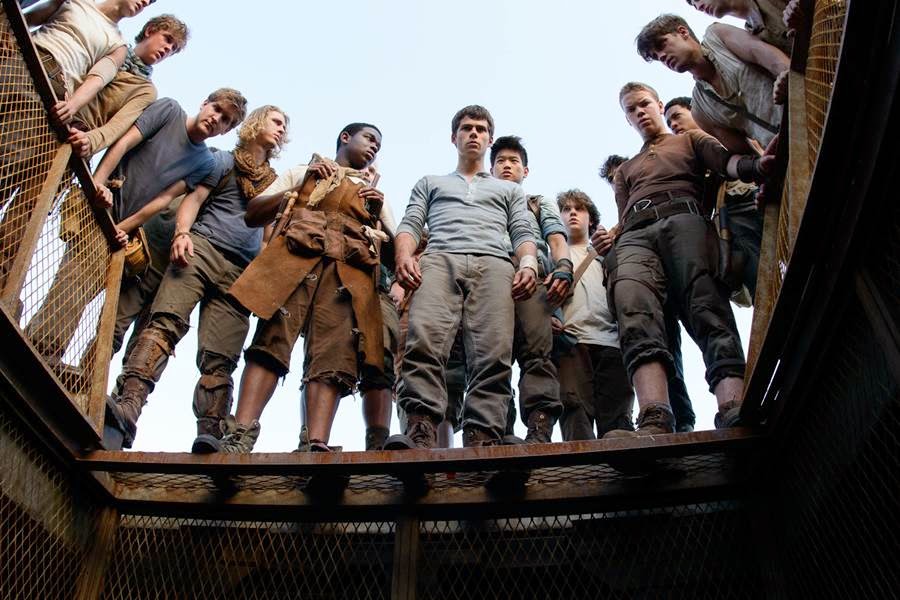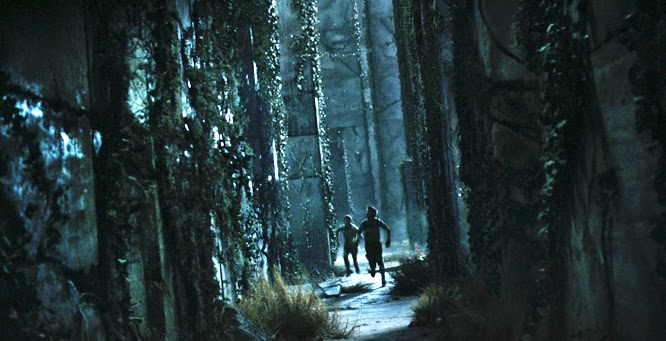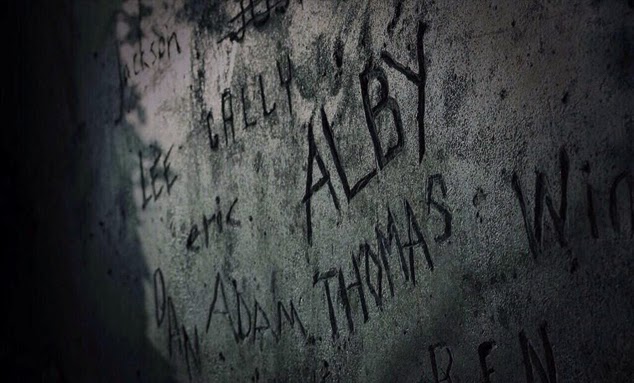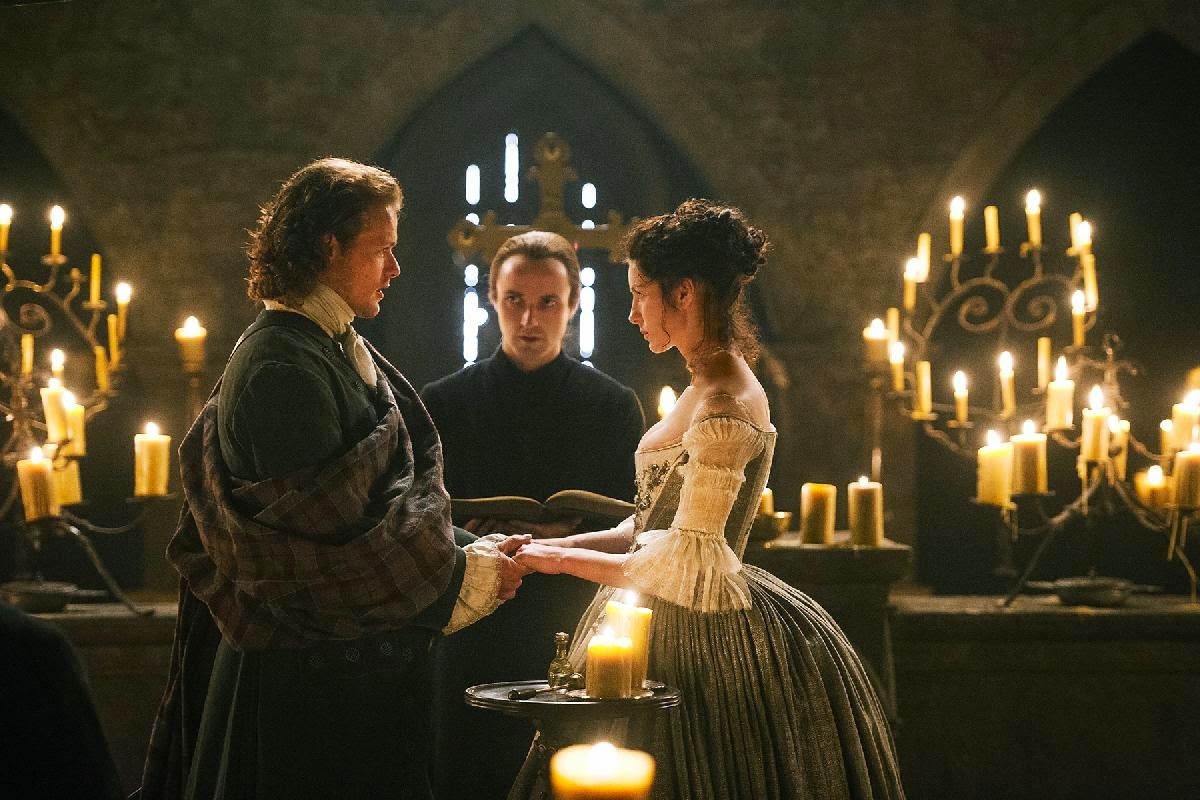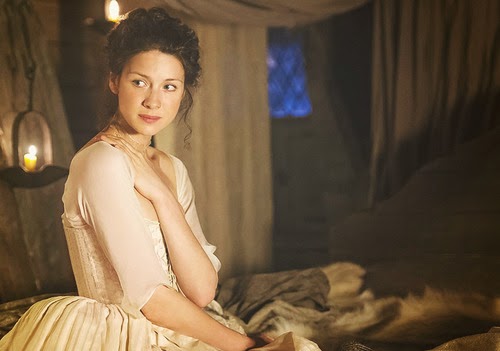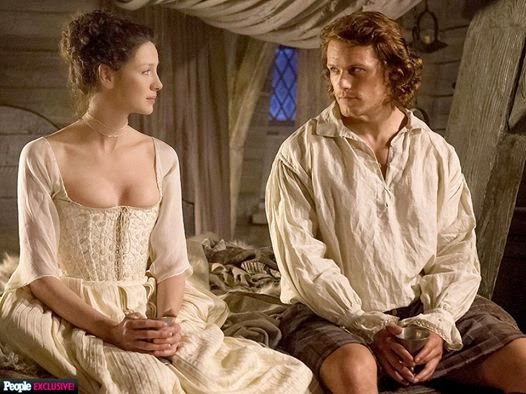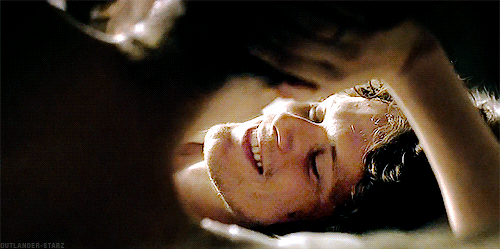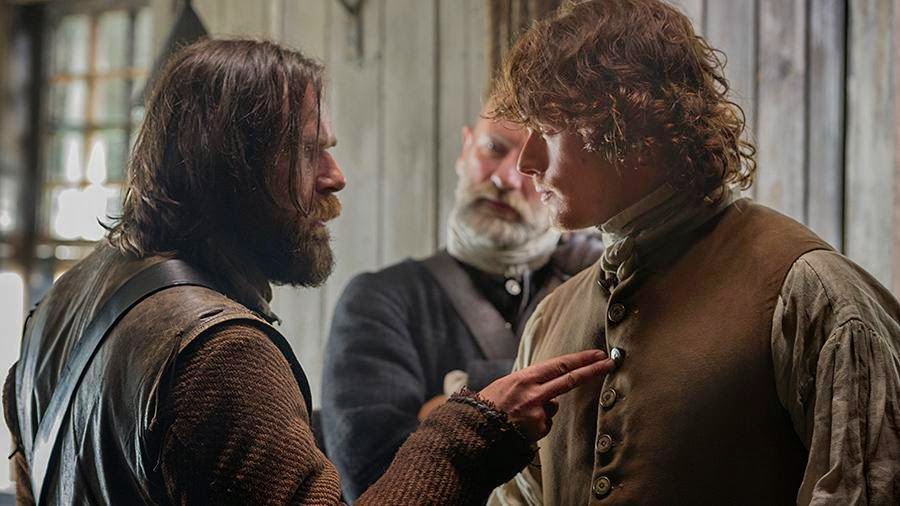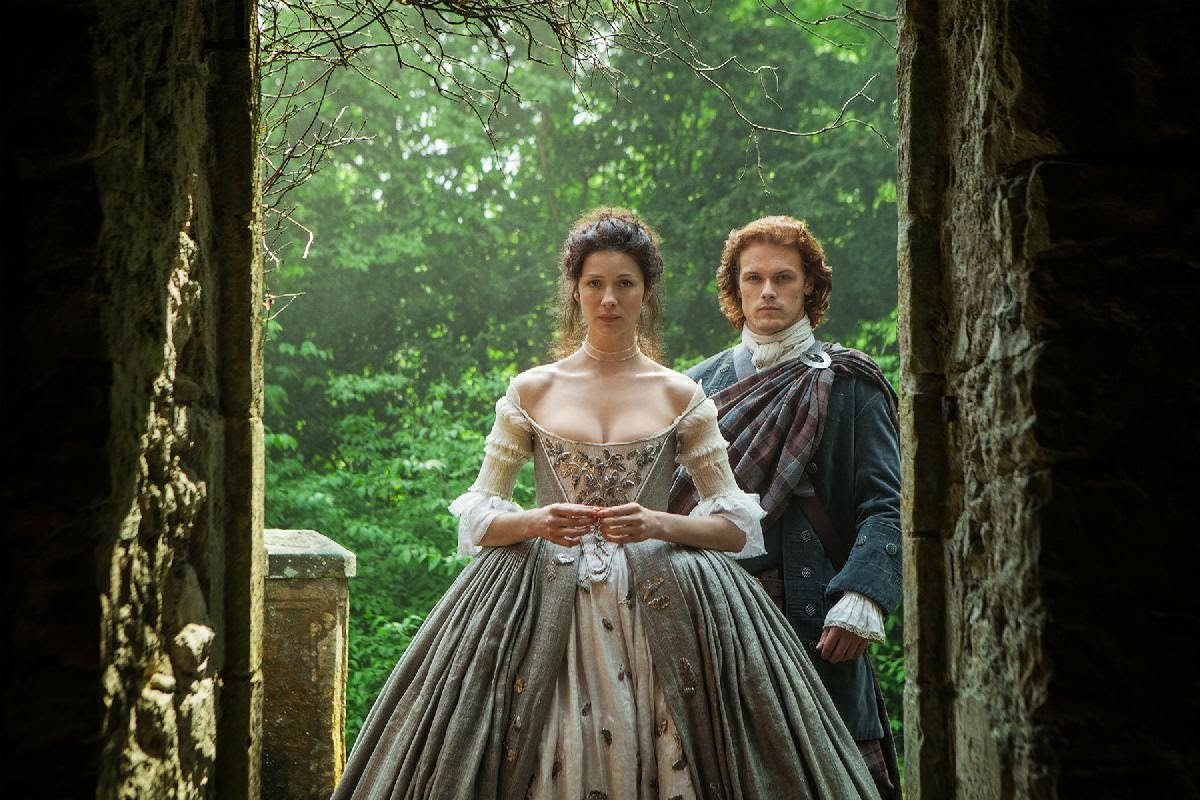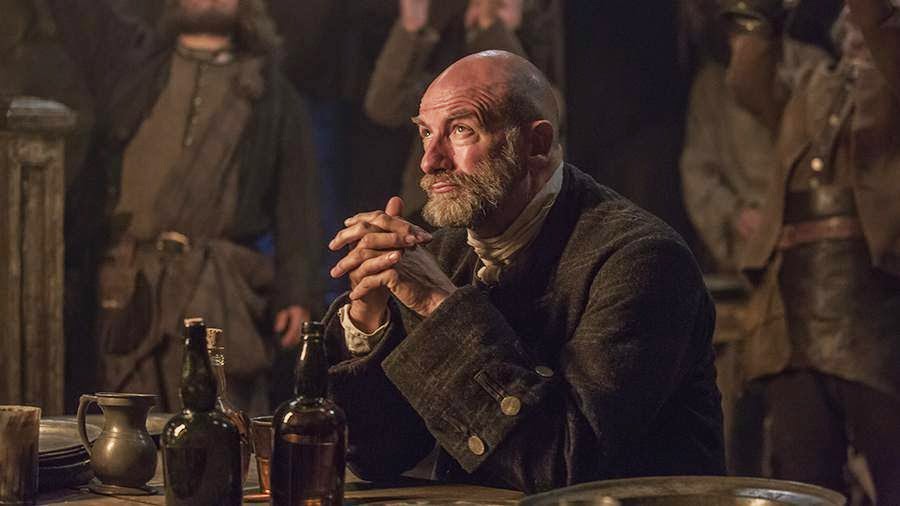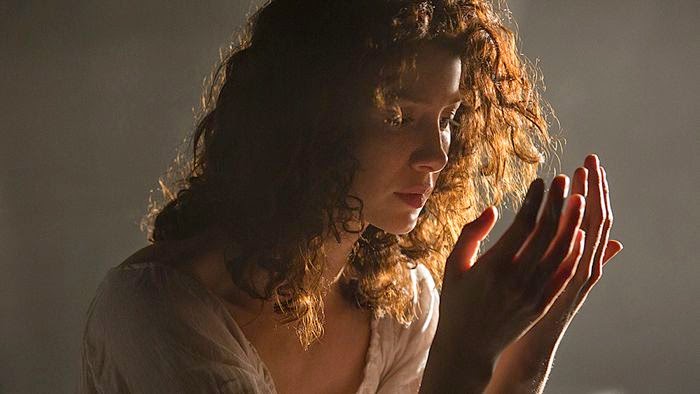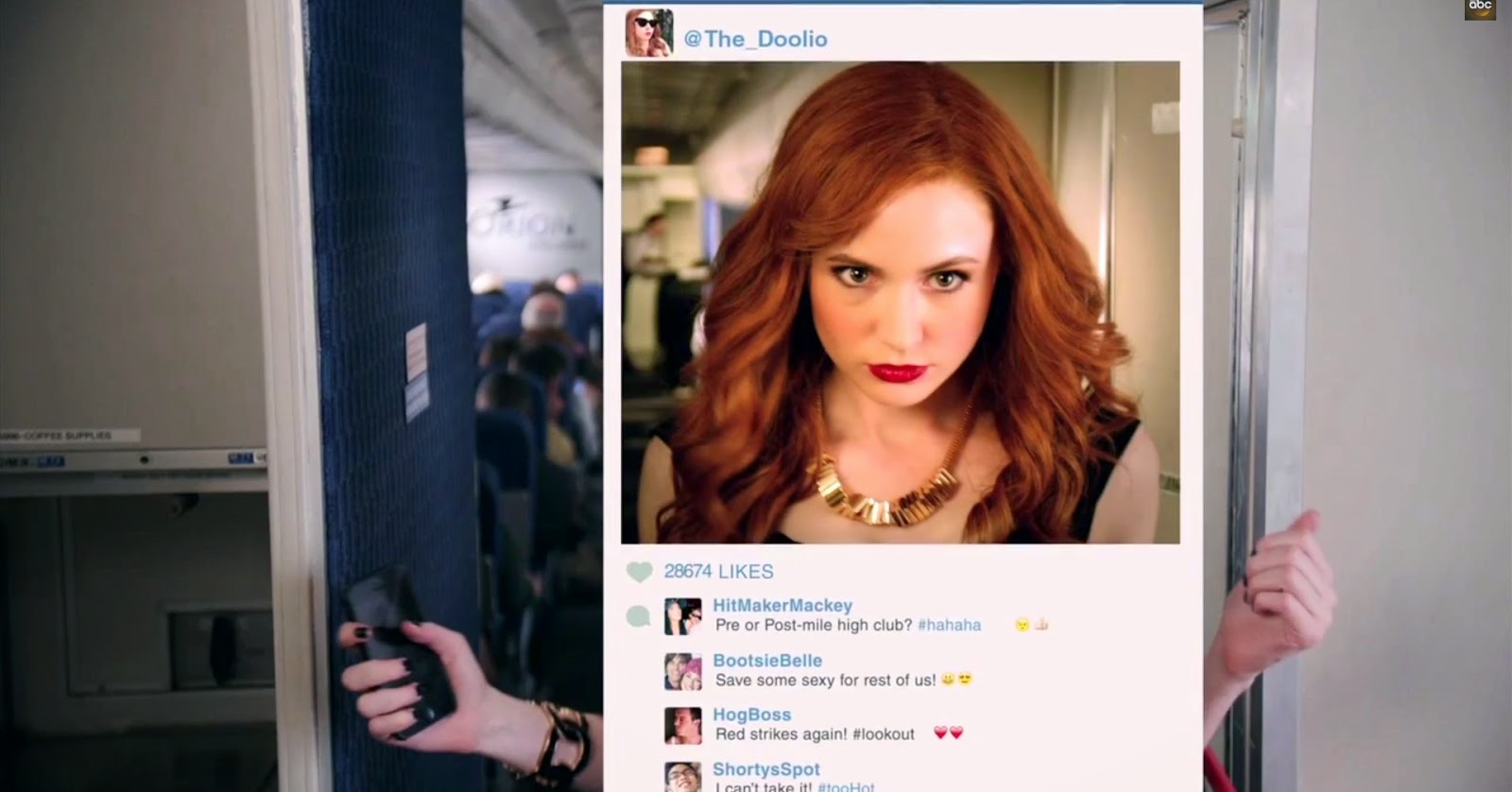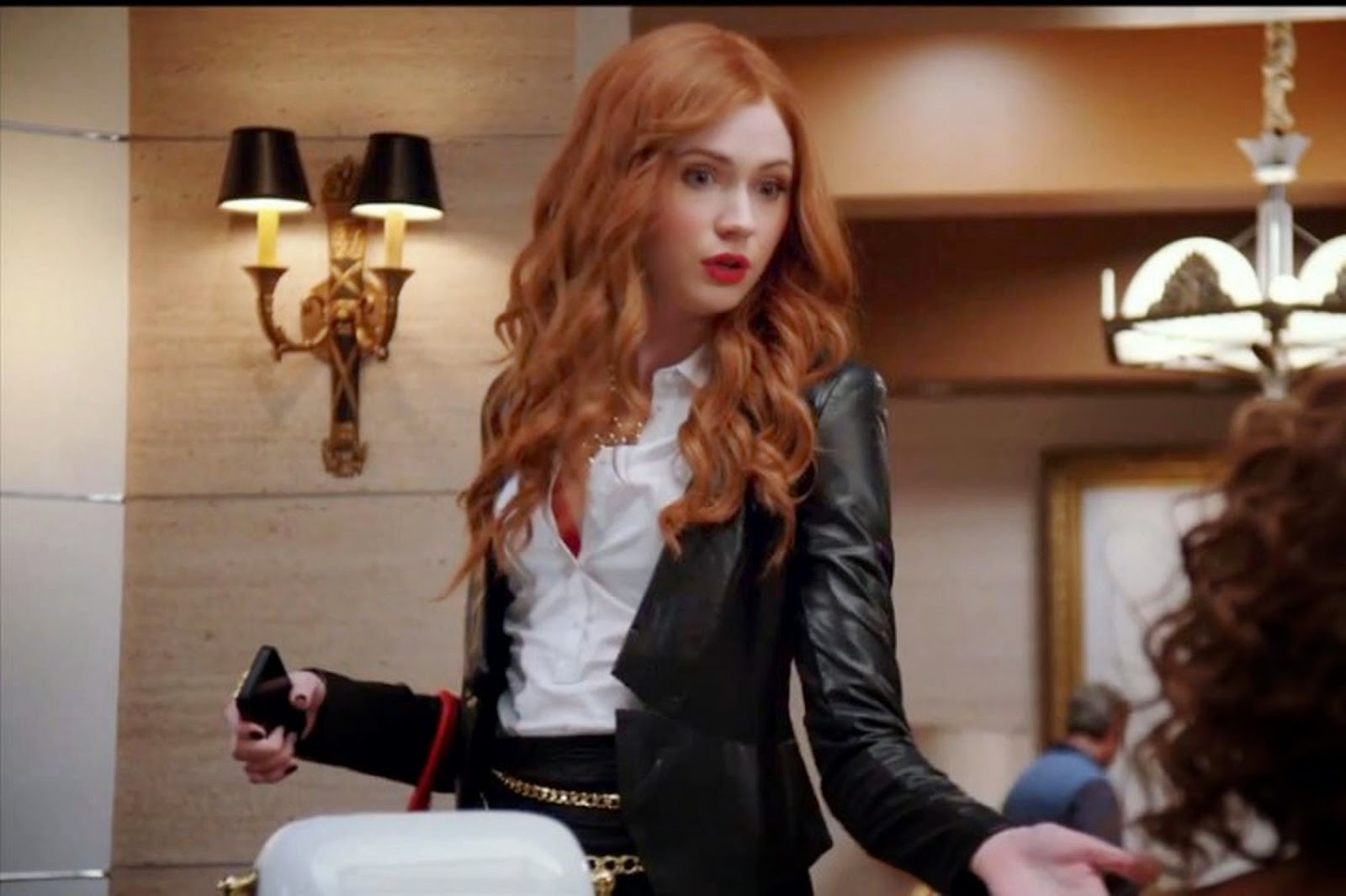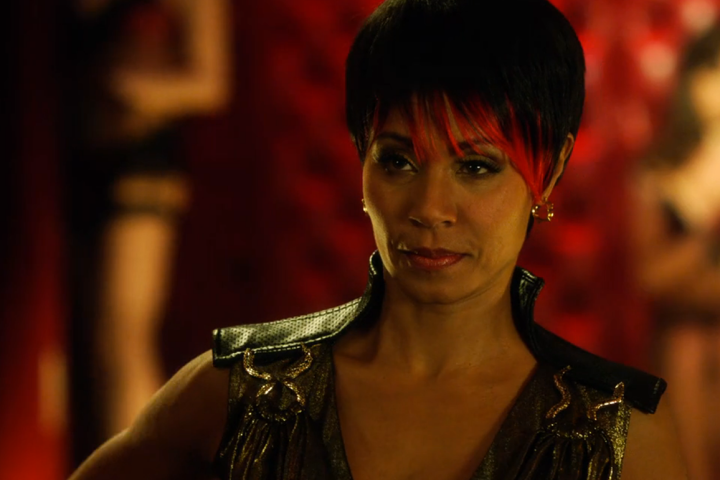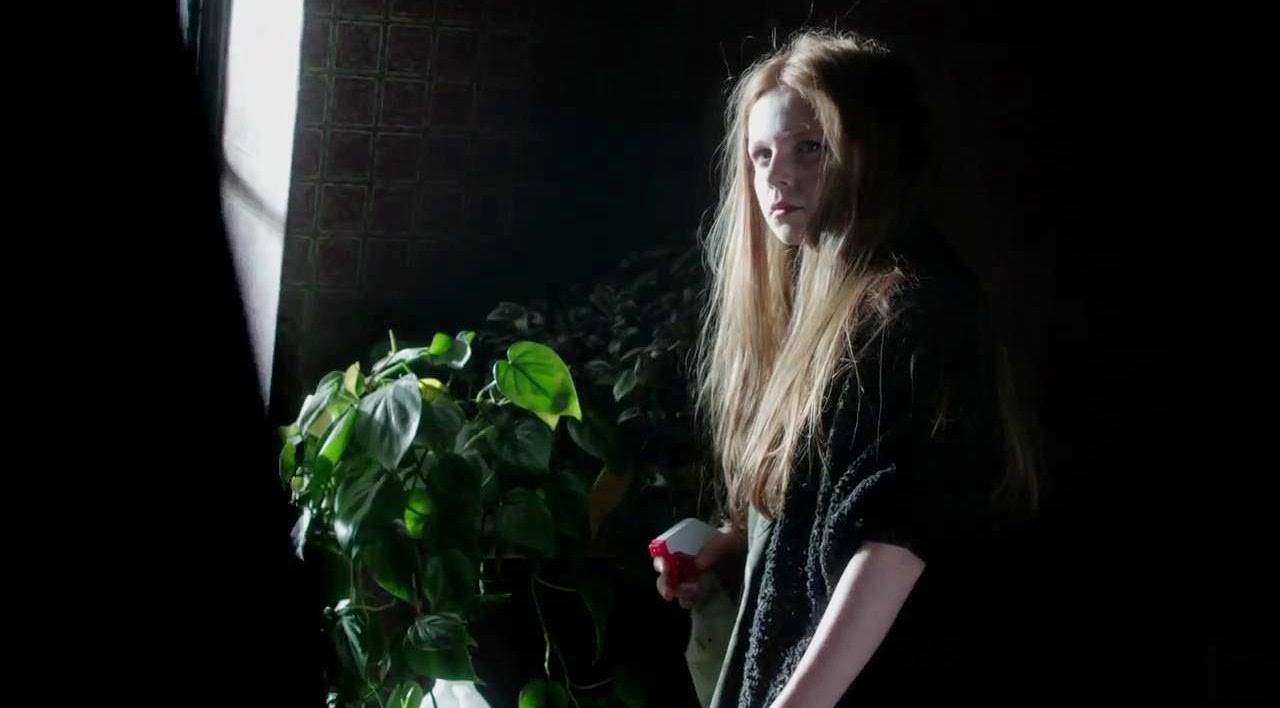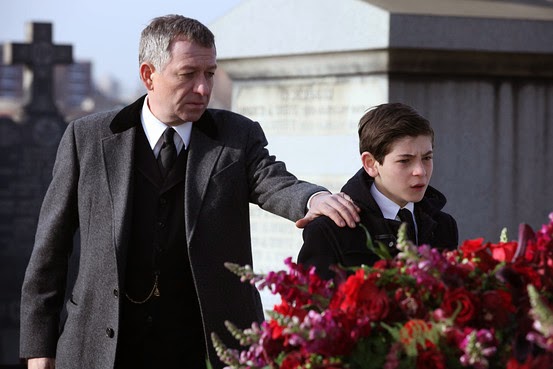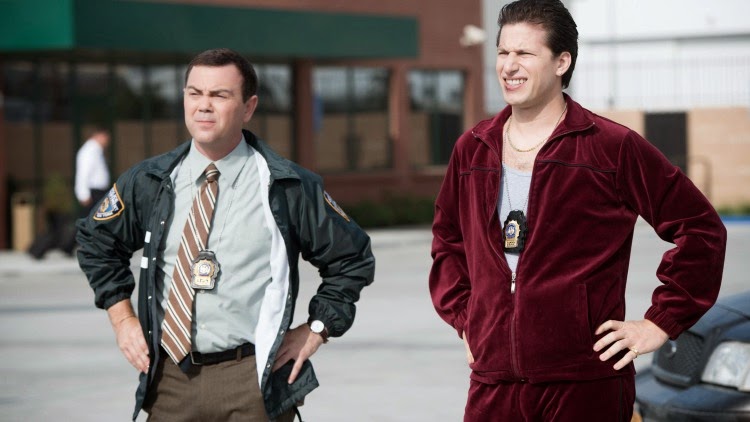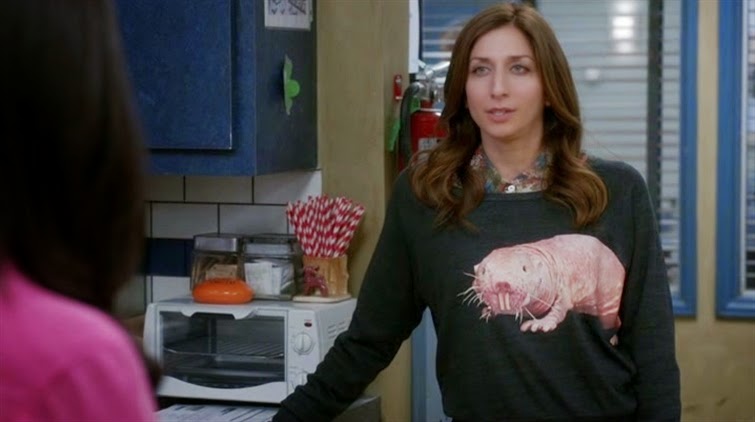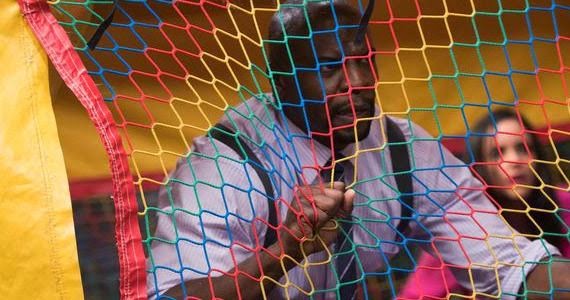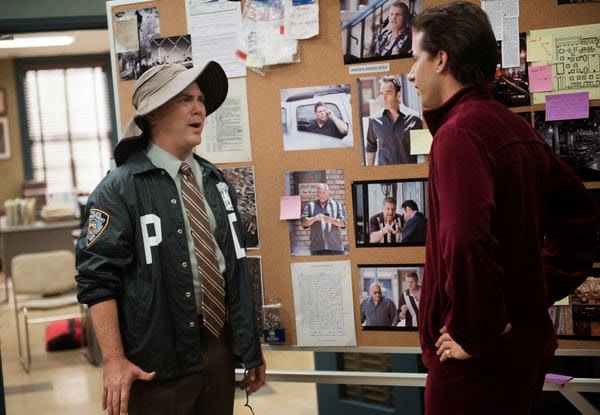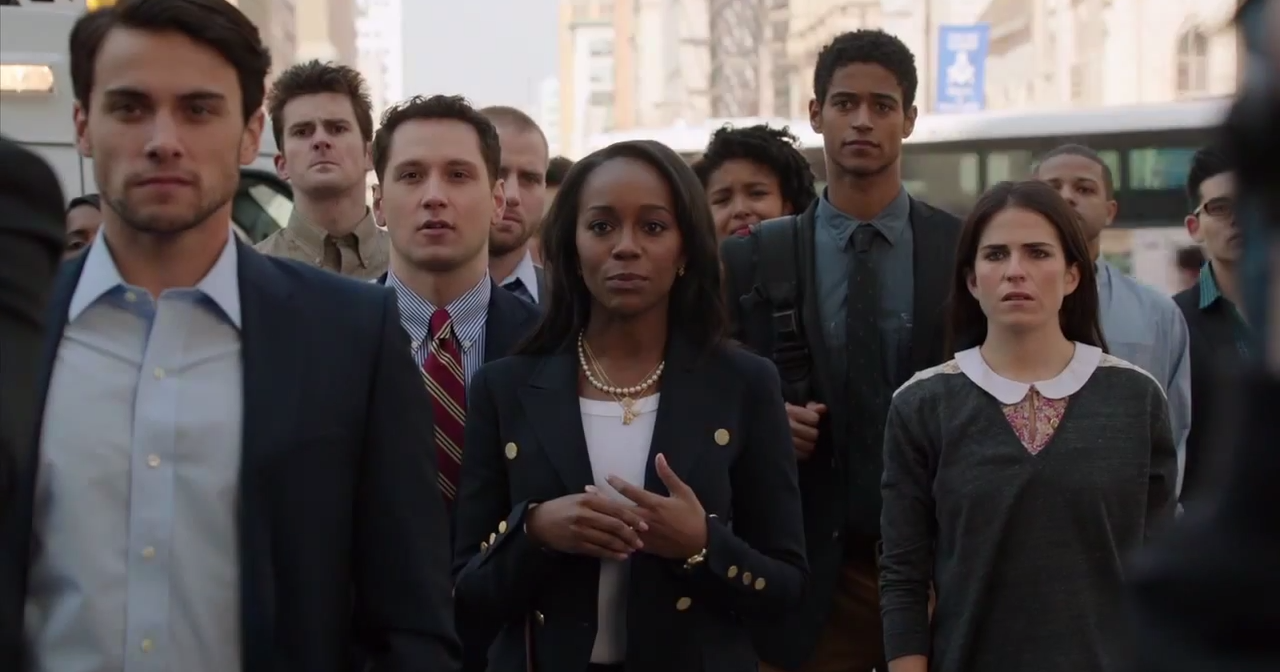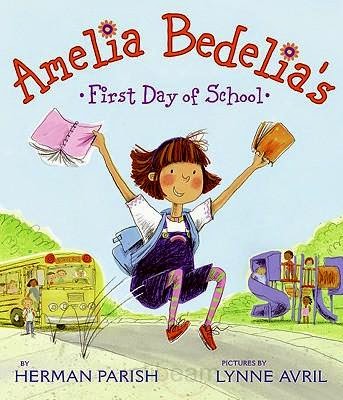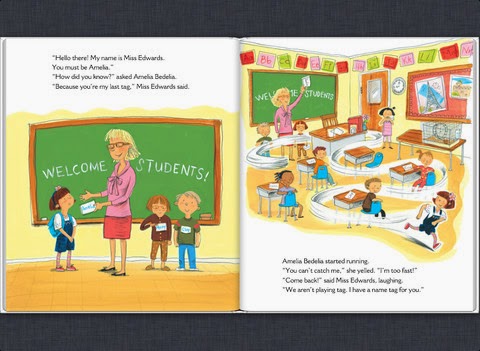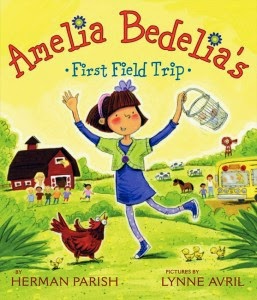Let's start out with the all-important confession: No, I have not read The Giver. In all honesty, I probably would have, had I ever even known what it was about, but I didn't. I find it a bit baffling, too, because this book seems to be right up my alley. Dystopian fiction about the overthrow of a totalitarian society focusing on the plight of the youth? Kind of my jam.
But no, I never read it, and when I heard the movie was coming out, I actually made a conscious choice not to grab a copy of the book. Why? Because it's a rare experience for me to be on the other side of the book versus movie debate, and it's even rarer that I have to take the movie on its own merits. Since I haven't ever read the book, I have nothing that I can compare the movie to, and therefore I only know what the movie tells me.
So, based on that understanding alone, I will say that the movie is pretty successful. I didn't really lose track of any of it, nor did I feel bogged down in the exposition. It was a fun and relatively interesting movie, and I was fairly emotionally invested in how it was all going to turn out. So, you know, good job. Right on. Pat yourselves on the back, you made a movie that is officially accessible to non-book fans. Hurrah!
The problem I have with this movie, though, is kind of really nitpicky, but it matters to me. Simply put, this movie is nice. It's fine. It's okay. But it's not spectacular in any real way. It doesn't make you gasp and shiver and scream. Ordinarily, I think that might be fine, but given the point of the story here, that feels like a very real problem.
Let me back up, for those of you who have neither read the book nor seen the movie. The Giver is set in a dystopian world very similar to our own, but dystopian and stuff. Basically, in a plot eerily similar but less cyberpunk than Equilibrium, this world has seriously limited human emotion. In an effort to get rid of strife and sadness, the community has found a way to rid humans of feelings and choice and all that stuff that makes life actually worth living.
You're assigned a family. You're assigned a job. You're assigned a time to die. Everything is set and regulated. Heck, they don't even make babies the old-fashioned way. They use artificial insemination. (Sort of like Brave New World, as it happens.) Even the colors of the world are gone - in a very literal sense. The whole world is in shades of gray, because everyone is colorblind. Race and religion and dreams are gone, and everyone is equal because everyone is equally bereft.
In this world of conformity and control there's one kid who doesn't fit in. Shockingly, he's a white, middle-class guy, who just feels like there must be something more, man. Jonas (Brenton Thwaites) is a sweet kid who feels unprepared for his future. All his friends - Asher (Cameron Monaghan) and Fiona (Odeya Rush) - are completely confident in the community elders and their ability to choose a good future for everyone. But Jonas isn't sure. He doesn't doubt, exactly, he just is sort of uncertain about where he could possibly fit.
Turns out that this uncertainty is right on the money. During the graduation ceremony, Fiona is named to work as a "nurturer" and Asher as a drone pilot, but Jonas isn't told to do anything until the very end. And his job? It's a bit more unusual. He's been selected to be the "receiver of memories." And no one really knows what that means. They just know that the previous Receiver (Jeff Bridges) is kind of weird and crazy, and that this is a very big deal.
Jonas finds out quickly what it all means, though. See, the receiver of memories literally means the person who has to carry the entire collective consciousness of humanity up until this point. Because memories are dangerous and could give people ideas (perish the thought), only one person is designated as safe enough to hold them all, and this person is exiled from the community and carefully watched. They're only allowed to speak up about this when the council of elders needs help with a decision and can use the wisdom of the past.
Sounds like a fun job, huh?
The actual process involves the old receiver psychically transferring memories over to the new receiver, piece by piece. And the results are startling, at least for Jonas. He starts to see colors again. More feelings. He stops taking his daily injections. He gets memories of riding a sled and dancing and war and fear and human courage. It's a lot. He tries to share it. That's a bad idea.
There's other stuff that happens in the story, from Jonas' budding yet somehow stunted relationship with Fiona to the mystery of what happened to the previous receiver (Taylor Swift) to a whole thing with a baby, and all of this stuff is great. But the bulk of the story really deals, thematically at least, with the question of whether or not we are human if we don't feel anything.
And that's a good question. A question I think is worth asking. Are our emotions what make us human? And if not, then what does? Even more pointed perhaps is the question, "What cost is too high a price to pay for peace?" At what point have we taken too much away, and life is no longer worth living?
Those are really valid questions to ask, and I'm glad the movie addresses them. This is, however, where my criticism from the top comes in. The Giver is an entire movie about how necessary emotions are to life and life to the full. In that sense, then, shouldn't the movie have been more emotionally affecting? If the whole point is that deep and powerful emotions are the core of our humanity, then shouldn't the movie give us these feelings?
Instead of deep emotions, what I really got from it was some nice entertainment. It's interesting, it asks valid questions, and it's not terrible to sit through. But the movie isn't great. It's really not. It's just fine. Okay. And that's not something a movie that ostensibly dealing with the vast spectrum of human experience ought to be.
There were moments that stood out. The moment when Jonas entertains the baby Gabriel with funny faces was actually really excellent and made me bust out laughing in the theater. And the part where the giver bolsters Jonas with memories of human resistance and protests and courage and sacrifice - well that got me pumped up like that kind of thing always does. But those moments were few and far between.
For the most part, the movie worked and functioned, but it never soared. It never really got past just kind of working and started being good. You know?
Also, I had a handful of plothole problems with it that vastly dampened my appreciation of the film. Yes, they are all nitpicky, so I won't list them here, but suffice it to say that the logic of the film was pretty terrible, and I honestly feel like a lot could have been done to tighten it up. Also, for a movie that mentioned in the narration how race was no longer a thing, that was a heck of a white cast. Get Morgan Freeman to play the giver, get Shay Mitchell to play Fiona, get Sinqua Walls for Jonas, just do something or other to make this movie less hella white.
Overall, like I said, I think this movie is fine. But fine doesn't cut it. In a very real sense, the most damning criticism you can make of a film is that it's "okay". Because that means that the film has failed its most crucial task: it has not transformed you, either for the better or for the worse.
Film is a transformative medium. I believe that strongly. The point of film is to tell a story that will change the viewer. You tell a story because you have something to say. So say it well. We tell the stories that matter to us, and I'm totally down with The Giver being an important story that matters. That's great. I agree with so much of this movie ideologically. Where it fails, though, is in the execution.
If your film does not impact the audience, if they do not remember it, it has failed. The Giver is about the importance of memory and of feelings and of human passion. It should absolutely not be a throwaway summer tentpole like this. It shouldn't be lowest common denominator. It could have been more. That's all, really, that I have to say. It could have been more, and it should have been more.
Is there a more damning criticism than to call a movie "fine"?
But no, I never read it, and when I heard the movie was coming out, I actually made a conscious choice not to grab a copy of the book. Why? Because it's a rare experience for me to be on the other side of the book versus movie debate, and it's even rarer that I have to take the movie on its own merits. Since I haven't ever read the book, I have nothing that I can compare the movie to, and therefore I only know what the movie tells me.
So, based on that understanding alone, I will say that the movie is pretty successful. I didn't really lose track of any of it, nor did I feel bogged down in the exposition. It was a fun and relatively interesting movie, and I was fairly emotionally invested in how it was all going to turn out. So, you know, good job. Right on. Pat yourselves on the back, you made a movie that is officially accessible to non-book fans. Hurrah!
The problem I have with this movie, though, is kind of really nitpicky, but it matters to me. Simply put, this movie is nice. It's fine. It's okay. But it's not spectacular in any real way. It doesn't make you gasp and shiver and scream. Ordinarily, I think that might be fine, but given the point of the story here, that feels like a very real problem.
Let me back up, for those of you who have neither read the book nor seen the movie. The Giver is set in a dystopian world very similar to our own, but dystopian and stuff. Basically, in a plot eerily similar but less cyberpunk than Equilibrium, this world has seriously limited human emotion. In an effort to get rid of strife and sadness, the community has found a way to rid humans of feelings and choice and all that stuff that makes life actually worth living.
You're assigned a family. You're assigned a job. You're assigned a time to die. Everything is set and regulated. Heck, they don't even make babies the old-fashioned way. They use artificial insemination. (Sort of like Brave New World, as it happens.) Even the colors of the world are gone - in a very literal sense. The whole world is in shades of gray, because everyone is colorblind. Race and religion and dreams are gone, and everyone is equal because everyone is equally bereft.
In this world of conformity and control there's one kid who doesn't fit in. Shockingly, he's a white, middle-class guy, who just feels like there must be something more, man. Jonas (Brenton Thwaites) is a sweet kid who feels unprepared for his future. All his friends - Asher (Cameron Monaghan) and Fiona (Odeya Rush) - are completely confident in the community elders and their ability to choose a good future for everyone. But Jonas isn't sure. He doesn't doubt, exactly, he just is sort of uncertain about where he could possibly fit.
Turns out that this uncertainty is right on the money. During the graduation ceremony, Fiona is named to work as a "nurturer" and Asher as a drone pilot, but Jonas isn't told to do anything until the very end. And his job? It's a bit more unusual. He's been selected to be the "receiver of memories." And no one really knows what that means. They just know that the previous Receiver (Jeff Bridges) is kind of weird and crazy, and that this is a very big deal.
Jonas finds out quickly what it all means, though. See, the receiver of memories literally means the person who has to carry the entire collective consciousness of humanity up until this point. Because memories are dangerous and could give people ideas (perish the thought), only one person is designated as safe enough to hold them all, and this person is exiled from the community and carefully watched. They're only allowed to speak up about this when the council of elders needs help with a decision and can use the wisdom of the past.
Sounds like a fun job, huh?
The actual process involves the old receiver psychically transferring memories over to the new receiver, piece by piece. And the results are startling, at least for Jonas. He starts to see colors again. More feelings. He stops taking his daily injections. He gets memories of riding a sled and dancing and war and fear and human courage. It's a lot. He tries to share it. That's a bad idea.
There's other stuff that happens in the story, from Jonas' budding yet somehow stunted relationship with Fiona to the mystery of what happened to the previous receiver (Taylor Swift) to a whole thing with a baby, and all of this stuff is great. But the bulk of the story really deals, thematically at least, with the question of whether or not we are human if we don't feel anything.
And that's a good question. A question I think is worth asking. Are our emotions what make us human? And if not, then what does? Even more pointed perhaps is the question, "What cost is too high a price to pay for peace?" At what point have we taken too much away, and life is no longer worth living?
Those are really valid questions to ask, and I'm glad the movie addresses them. This is, however, where my criticism from the top comes in. The Giver is an entire movie about how necessary emotions are to life and life to the full. In that sense, then, shouldn't the movie have been more emotionally affecting? If the whole point is that deep and powerful emotions are the core of our humanity, then shouldn't the movie give us these feelings?
Instead of deep emotions, what I really got from it was some nice entertainment. It's interesting, it asks valid questions, and it's not terrible to sit through. But the movie isn't great. It's really not. It's just fine. Okay. And that's not something a movie that ostensibly dealing with the vast spectrum of human experience ought to be.
There were moments that stood out. The moment when Jonas entertains the baby Gabriel with funny faces was actually really excellent and made me bust out laughing in the theater. And the part where the giver bolsters Jonas with memories of human resistance and protests and courage and sacrifice - well that got me pumped up like that kind of thing always does. But those moments were few and far between.
For the most part, the movie worked and functioned, but it never soared. It never really got past just kind of working and started being good. You know?
Also, I had a handful of plothole problems with it that vastly dampened my appreciation of the film. Yes, they are all nitpicky, so I won't list them here, but suffice it to say that the logic of the film was pretty terrible, and I honestly feel like a lot could have been done to tighten it up. Also, for a movie that mentioned in the narration how race was no longer a thing, that was a heck of a white cast. Get Morgan Freeman to play the giver, get Shay Mitchell to play Fiona, get Sinqua Walls for Jonas, just do something or other to make this movie less hella white.
Overall, like I said, I think this movie is fine. But fine doesn't cut it. In a very real sense, the most damning criticism you can make of a film is that it's "okay". Because that means that the film has failed its most crucial task: it has not transformed you, either for the better or for the worse.
Film is a transformative medium. I believe that strongly. The point of film is to tell a story that will change the viewer. You tell a story because you have something to say. So say it well. We tell the stories that matter to us, and I'm totally down with The Giver being an important story that matters. That's great. I agree with so much of this movie ideologically. Where it fails, though, is in the execution.
If your film does not impact the audience, if they do not remember it, it has failed. The Giver is about the importance of memory and of feelings and of human passion. It should absolutely not be a throwaway summer tentpole like this. It shouldn't be lowest common denominator. It could have been more. That's all, really, that I have to say. It could have been more, and it should have been more.
Is there a more damning criticism than to call a movie "fine"?
